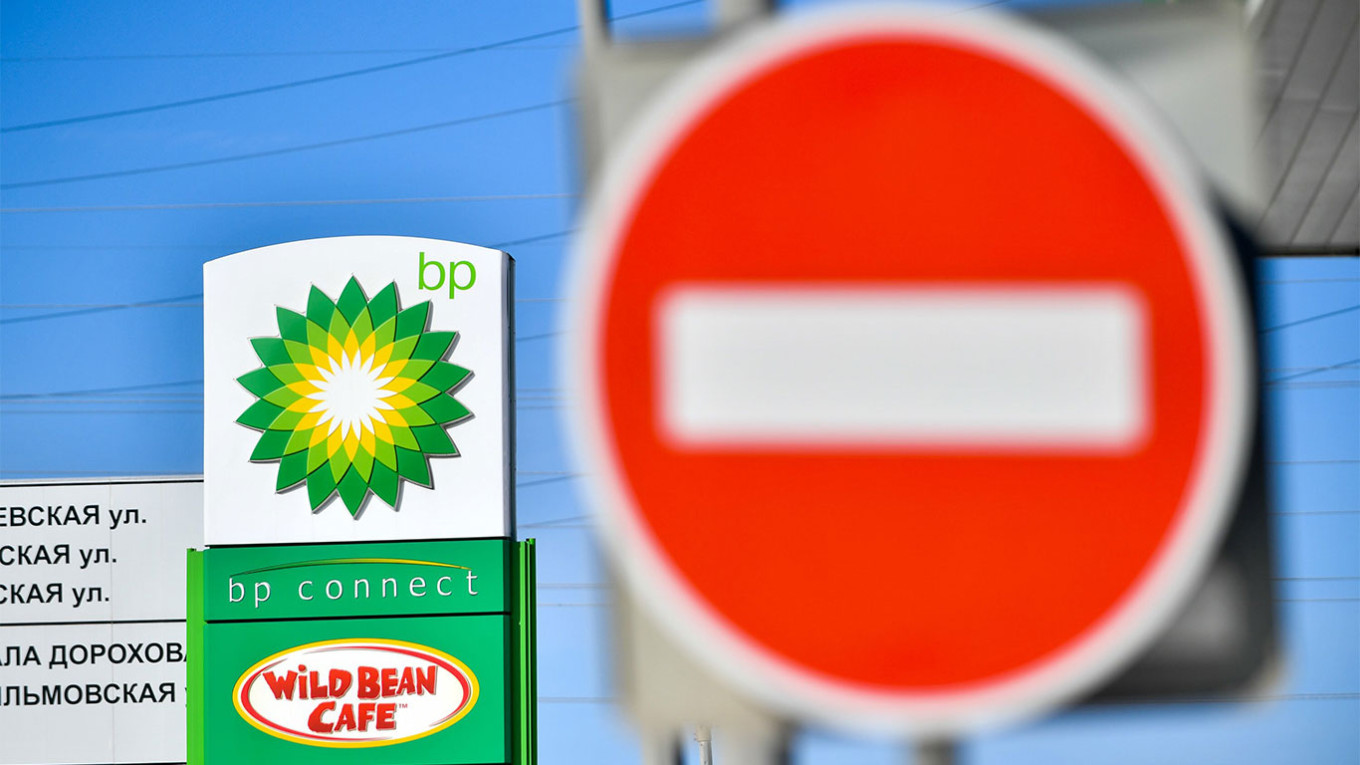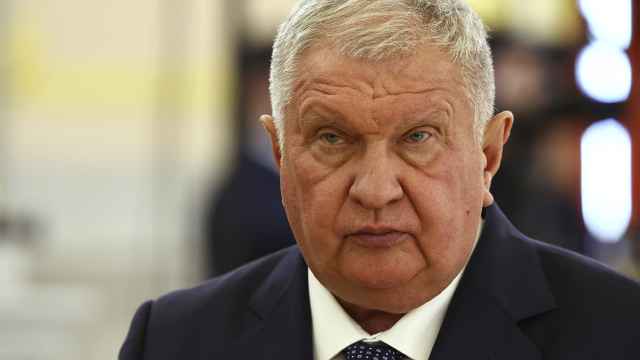European companies have suffered at least 100 billion euros ($110 billion) in direct losses from operations in Russia since Moscow launched its invasion of Ukraine, the Financial Times reported late Sunday.
A survey of major European companies showed that a total of 176 companies that have posted annual reports for 2022 and financial statements this year recorded various losses from their Russian operations, FT said.
These losses include “asset impairments, foreign exchange-related charges and other one-off expenses as a result of the sale, closure or reduction of Russian businesses.”
Energy and utility groups suffered more than half of the losses, with banks, chemicals, industrial and automobile companies making up the rest.
British, German and French companies recorded the biggest losses — upwards of 20 billion euros, according to FT.
Analysts interviewed by the publication say Russia’s recent decisions to seize control of European corporations suggest “more pain ahead” for companies that chose to remain in Russia.
“Even if a company lost a lot of money leaving Russia, those who stay risk much bigger losses,” said Nabi Abdullaev, partner at the London-based global strategic consultancy Control Risks.
“It turns out that cut and run was the best strategy for companies deciding what to do at the start of the war. The faster you left, the lower your loss,” he added.
Since December, Russia has forced foreign companies leaving the country to sell their assets to Russian buyers at a 50% discount and charged them an exit fee of at least 10% of the transaction value.
According to FT, the three biggest oil and gas groups BP, Shell and TotalEnergies recorded 40.6 billion euros ($44.5 billion) in losses. But higher energy prices helped them report 95 billion euros ($104 billion) in profits in 2022, the publication said.
More than half of the 1,871 European-owned companies operating in pre-war Russia have remained in the country after Moscow’s invasion of Ukraine, according to FT’s analysis of data from the Kyiv School of Economics.
A Message from The Moscow Times:
Dear readers,
We are facing unprecedented challenges. Russia's Prosecutor General's Office has designated The Moscow Times as an "undesirable" organization, criminalizing our work and putting our staff at risk of prosecution. This follows our earlier unjust labeling as a "foreign agent."
These actions are direct attempts to silence independent journalism in Russia. The authorities claim our work "discredits the decisions of the Russian leadership." We see things differently: we strive to provide accurate, unbiased reporting on Russia.
We, the journalists of The Moscow Times, refuse to be silenced. But to continue our work, we need your help.
Your support, no matter how small, makes a world of difference. If you can, please support us monthly starting from just $2. It's quick to set up, and every contribution makes a significant impact.
By supporting The Moscow Times, you're defending open, independent journalism in the face of repression. Thank you for standing with us.
Remind me later.






